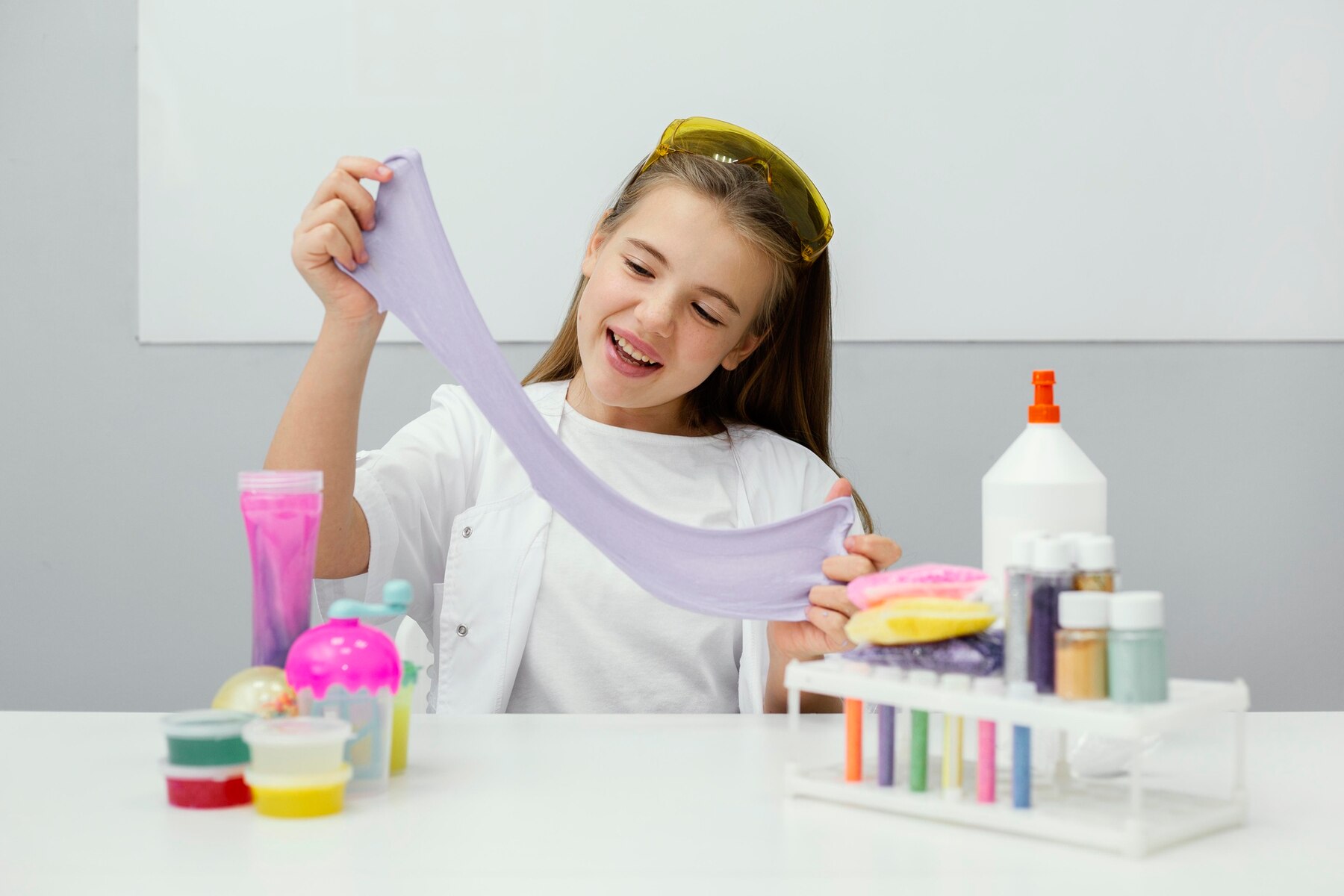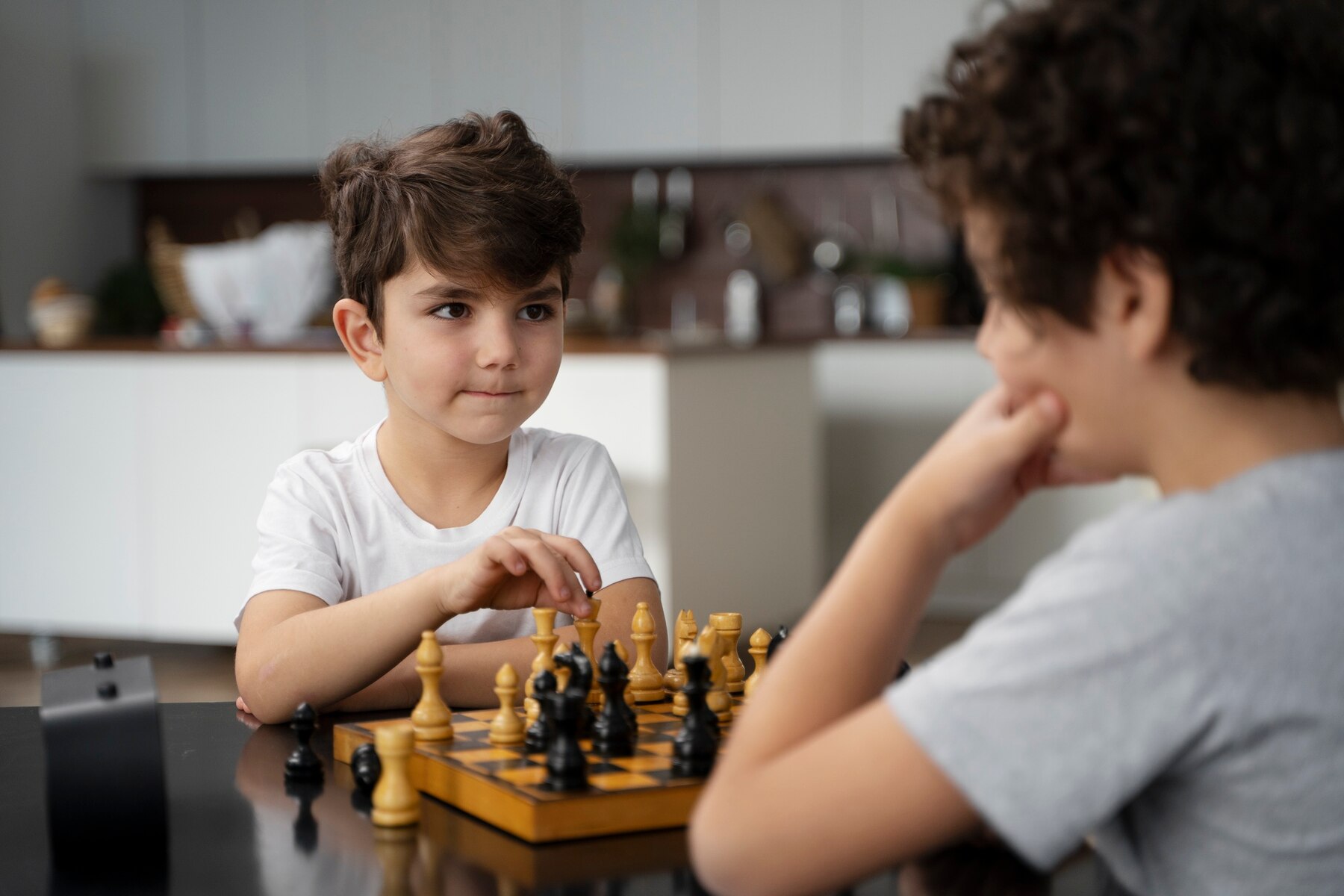Keeping children engaged year-round isn’t always easy. But with the right mix of activities, you can help them learn, move, and explore while having fun. These 15 ideas cover indoor projects, outdoor games, seasonal crafts, and educational play to keep kids active and curious throughout the year.
Indoor Activities
1. Simple Home Science Experiments
Use common items like baking soda, vinegar, and dish soap to teach chemistry and physics at home. Try volcano eruptions, floating eggs, or balloon rockets.
“Hands-on science experiments spark natural curiosity,” says Dr. Emily Carter, child education specialist at UCLA. In a 2024 education study, 68% of parents saw improved science grades after weekly home experiments.
2. Building Indoor Forts
All you need are blankets, pillows, or cardboard. Forts help kids explore spatial awareness, collaboration, and creativity. Try themed forts like castles, caves, or rocket ships.
3. Puppet Theater and Storytelling
Turn socks and paper bags into characters. Kids can create plays, reenact stories, and build confidence in language and communication. A 2025 report shows storytelling boosts early literacy by 30%.
4. Cooking and Baking with Kids
Kids learn math, reading, and nutrition by helping in the kitchen. Start with simple recipes and build up to more complex dishes.
“Cooking with kids builds life skills and encourages healthy habits,” says nutritionist Lisa Tanner.
5. Art and Craft Challenges
Offer open-ended prompts or daily art themes. Use recycled materials to add an eco-friendly twist. Projects like sculpture, drawing, and collage help build fine motor skills. A 2024 study found kids in weekly art sessions improved hand coordination by 20%.

Outdoor Activities
6. Nature Treasure Hunts
Give kids a checklist of natural items—leaves, bugs, rocks—and let them explore the backyard or local park. Add fun facts to make it educational.
7. DIY Gardening
Teach kids how to grow vegetables or flowers. Gardening supports responsibility and environmental awareness.
“Gardening teaches kids about patience, responsibility, and where food comes from,” says environmentalist Mark Reynolds.
8. Bubble Science
Mix your own bubble solution and experiment with different wand shapes. Teach about surface tension and air pressure while playing outdoors.
9. Backyard Obstacle Courses
Use cones, ropes, tunnels, or chalk paths to build a simple course. Kids improve coordination, balance, and perseverance. The CDC reported in 2025 that structured physical play reduced screen time by 40%.
10. Stargazing Basics
Lay out a blanket and use a star map or app to identify constellations. Talk about planets and the moon. A 2024 STEM report found astronomy activities increased STEM interest by 72%.

Seasonal Activities
11. Summer Craft Projects
Looking for great summer activity ideas for your kids? Paint rocks, build wind chimes, or make tie-dye shirts outside. Let kids explore color, shape, and form in the fresh air.
12. Winter Wonderland Crafts
Build snow sculptures, create ice ornaments, or make your own holiday decorations. Indoors, try paper snowflakes or salt dough ornaments.
13. Autumn Leaf Projects
Collect leaves for art: do rubbings, collages, or identify different tree species. Kids get sensory feedback and learn about seasons changing.
Educational Play
14. DIY Musical Instruments
Make shakers with rice in containers, drums with pots, or guitars with rubber bands and boxes. Teach rhythm, sound, and even music notation.
“Early exposure to music builds emotional and cognitive flexibility,” says music educator Andrea Levy.
15. Board Games and Strategy Nights
Games like chess, Uno, or cooperative board games teach logic, patience, and social interaction.
“Board games help kids develop strategy and sportsmanship,” says Dr. Sarah Adams, child psychologist.

FAQs About Our Educational Activities for Kids
Here are some common questions parents and educators ask about our fun and educational activities for kids.
1. What age group are these activities suitable for?
Our activities are designed for kids aged 5 to 14, but many can be adapted for younger or older children with adult guidance.
2. What types of activities do you offer?
We offer over 150+ hands-on activities across various categories, including:
STEM projects (science experiments, engineering challenges, math games)
Arts & crafts (painting, DIY crafts, sculpting)
Coding & game design (Minecraft mods, beginner-friendly programming)
Outdoor adventures (gardening, scavenger hunts, nature exploration)
Life skills & DIY projects (cooking, home science, problem-solving tasks)
3. Do kids need special materials for these activities?
Most activities use common household items like paper, glue, and basic craft supplies. For advanced projects (e.g., robotics or coding), we provide recommendations for low-cost or free resources.
4. Are these activities suitable for homeschooling?
Yes! Many parents use our activities as part of their homeschool curriculum, providing hands-on learning in science, technology, engineering, arts, and math (STEM).
5. How can I track my child’s progress?
Our platform allows kids to:
Earn badges for completed activities
Save their projects and share with a safe, moderated community
Follow structured learning paths for skill development
6. Are these activities safe for kids to do alone?
Most activities are designed to be kid-friendly and safe, but some (like cooking or science experiments) may require adult supervision.
7. How do DIY.org activities compare to other learning platforms?
Unlike traditional learning apps, DIY.org provides:
Interactive, hands-on projects instead of passive screen time
A moderated, ad-free environment for a safe learning experience
A community of young creators who share their work and inspire each other
8. Can I access activities for free?
We offer a mix of free and premium activities. Some content is available without a subscription, while DIY Club members get full access to all lessons, projects, and challenges.
Why These Activities Matter
These activities are more than entertainment. They support whole-child development—boosting cognitive growth, emotional well-being, and physical health. Creative play encourages self-expression. Physical activities reduce screen time and promote fitness. Educational games sharpen thinking and prepare kids for school success. A 2025 report from the American Pediatrics Association found that diverse weekly play improved school readiness by 50%.
Let kids pick the activity sometimes—it boosts their motivation.
Keep a log or photo journal to track projects and memories.
Mix educational, creative, and active options throughout the week.


